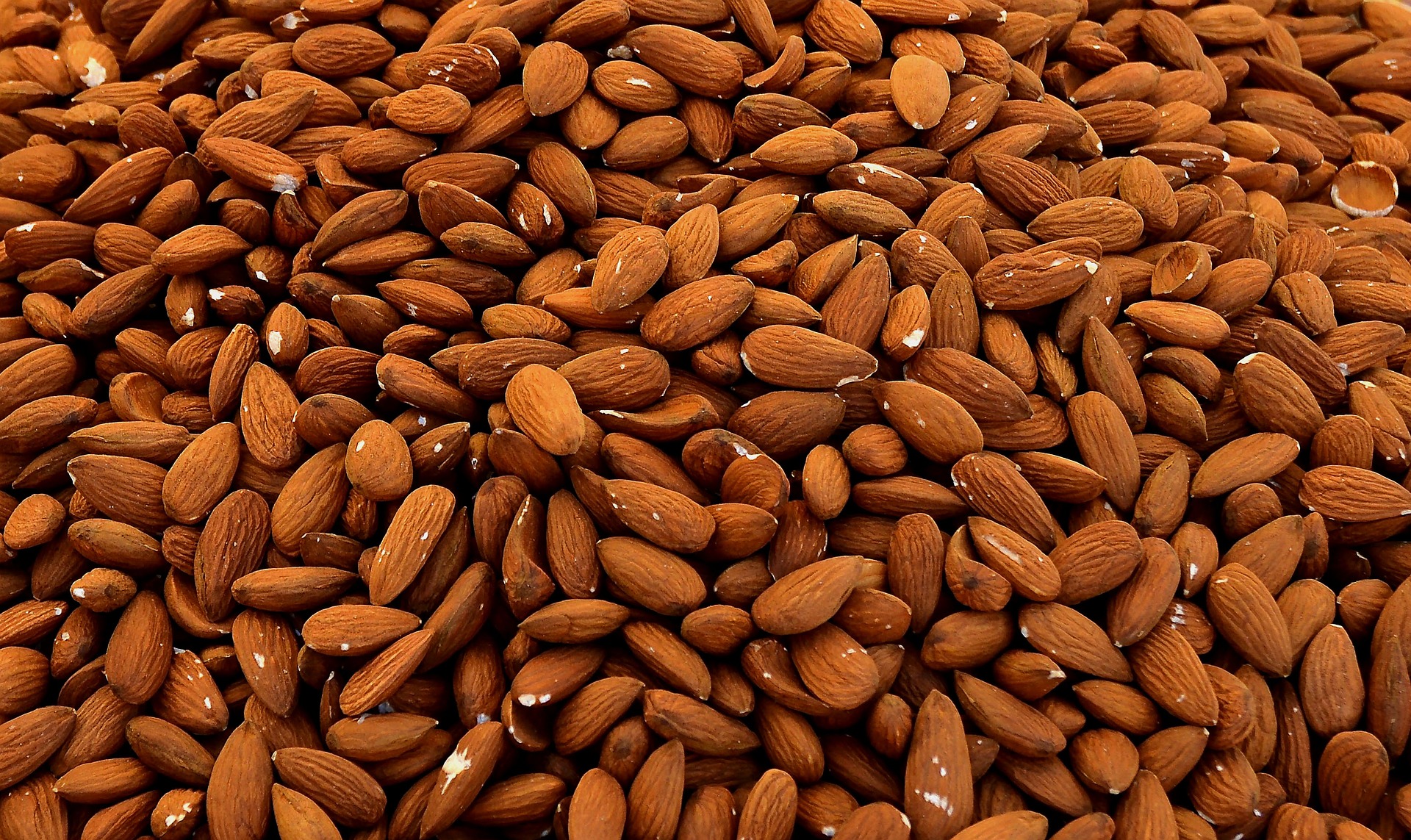Ask the average strength athlete to list the supplements they can’t live or lift without, and the list will probably stop at protein powder and creatine. Folks with a higher budget might add fish oil, branch chain amino acids, beta alanine, zinc, and other useful pills and powders that can improve performance in and out of the gym. But generally speaking, magnesium rarely appears under essential supplements for strength athletes.
That’s bad news, since most Americans are deficient in magnesium – it’s actually the second most common deficiency in developed countries after Vitamin D – and it’s one of the most important nutrients for strength athletes in particular.

What’s the Big Deal?
It might be helpful to think of magnesium as the relaxation nutrient: it improves sleep quality, stress levels, blood pressure, and it even relaxes the muscles within the digestive tract. (That means it helps you poop, which is why too much of the stuff can cause diarrhea.)
“The side effects, so to speak, of magnesium insufficiency are similar to just experiencing stress,” says Kurtis Frank, the research director at Examine.com. “It’s likely that people don’t realize they have low magnesium simply because they think they’re stressed out. The most common theory as to why is that magnesium serves as a ‘placeholder’ in the NMDA receptors in our nerves, which cause excitement and stimulation. If magnesium is low, then there’s more passive stimulation of the NMDA receptor.”
Low magnesium, then, can cause a lot of the problems associated with high stress, namely sleep problems and high blood pressure. But an adequate intake, in addition to better recovery and a link with higher testosterone levels, has another important benefit for athletes: it helps to relax muscles and reduce cramping.
Most folks are deficient in magnesium because its main dietary sources are nuts and leafy greens, on which the standard American diet is woefully low. Supplementing isn’t necessary if you’re hitting the RDI of 400 milligrams through food, but Frank has found that a daily supplement of 200 milligrams is a good idea for most lifters, “to help the twenty-three hours between workouts, but not the workouts themselves, essentially.”
Why Are There So Many Kinds of Magnesium?!
Your average multivitamin probably comes up short in supplying magnesium, so if you want more in your diet, you’re going to want to find a dedicated supplement – but that’s where it gets really confusing.
Magnesium supplements don’t just vary wildly in price; they vary in what kind of magnesium they offer. There’s magnesium oxide, citrate, glycinate, gluconate, aspartate, threonate, orotate – and those are just the ones we’ve heard of. Is there a “best” form for your body, especially if you’re a lifter?
Well, there are three basic categories of magnesium: oxide, threonate, and everything else, says Frank.
“Magnesium oxide is the cheapest, it works, but it’s also the most likely to cause intestinal problems and be eliminated from the intestines before being absorbed.” Frank says. (He calls this “discount diarrhea.”)
Then there’s threonate, which is preferred by some well-known coaches like Charles Poliquin. It’s the best absorbed, but the most expensive.
Frank recommends the third, “everything else” category, with citrate being perhaps the best pick.
“These forms are in the happy medium of having less intestinal problems and better absorption than oxide, while coming at only a relatively mild price increase,” he says. “Usually, magnesium citrate is the most popular since it’s well absorbed, cheaper than glycinate, and doesn’t result in diarrhea unless too much of a dose is taken.”
If you’re very sensitive to diarrhea, then the slightly costlier magnesium glycinate will be a safer bet. (“Threonate is (just) trying to add onto the near perfection that glycinate is at a much larger markup,” Frank adds.)
Should I Take Calcium With Magnesium?
When scanning the shelves at your local store, you’ll quickly find that most magnesium supplements combine the nutrient with calcium. That’s a good thing, but not because calcium improves the absorbability of magnesium, which is a popular belief.
No, calcium is a great addition for two other reasons. Firstly, of course, it’s awesome for bone strength and may even increase testosterone and improve fat loss. But the reason it’s so often paired with magnesium is that calcium has a mild constipative effect, so it helps to cancel out magnesium’s laxative effect. (Supplement companies won’t have a lot of return customers if their products cause diarrhea, no matter how healthy they might be.)
But ironically enough, too much calcium at one time actually decreases magnesium’s absorbability, so Frank advises against pairing magnesium with any more than 500 milligrams of calcium, which is about twenty-five percent of the RDI.
Since a lot of lifters take a big dose of casein protein before sleeping, and a scoop of casein has roughly sixty percent of the RDI of calcium, that’s actually pretty useful advice.
The Takeaway
Vitamin deficiencies are rare, but minerals are too often left by the wayside. The good news is that unlike a lot of important supplements for athletes (we’re looking at you, fish oil), magnesium is inexpensive, plus it has tremendous potential to not only improve your performance, but your sleep quality and stress levels as well – which will improve just about everything else.
Eat magnesium.
